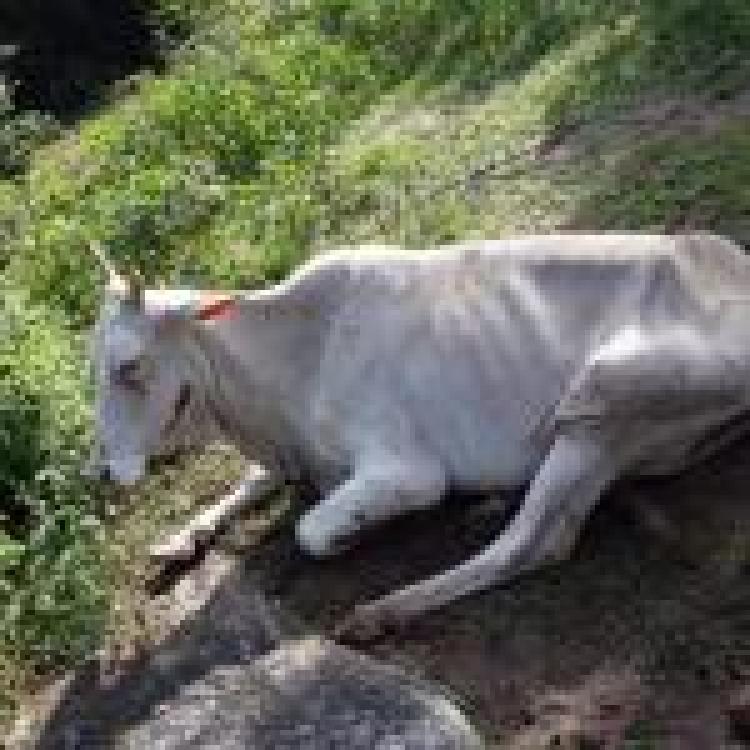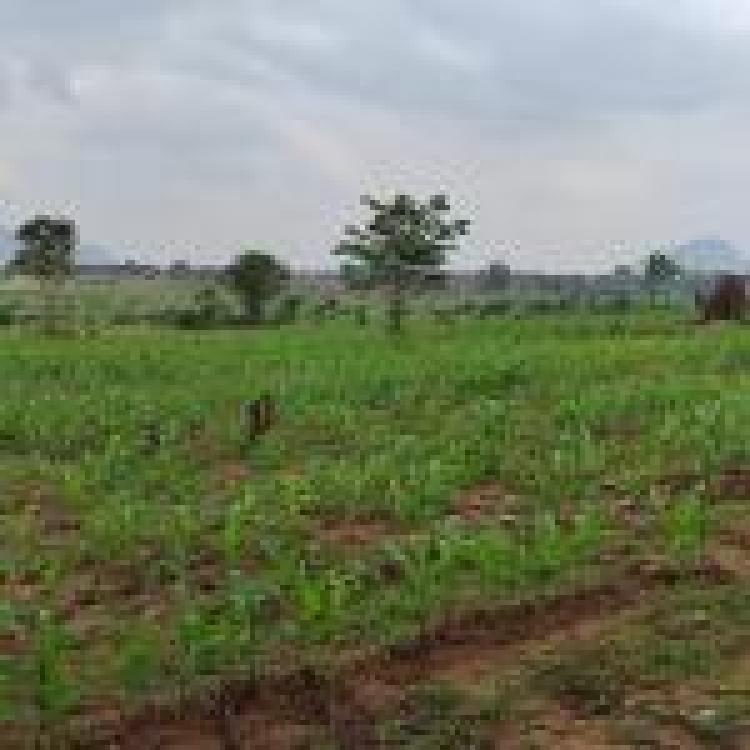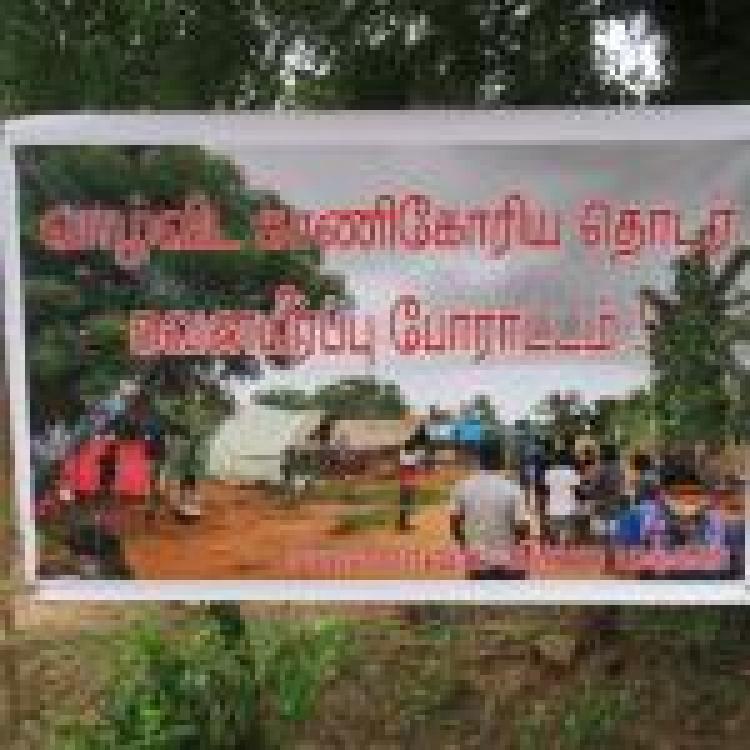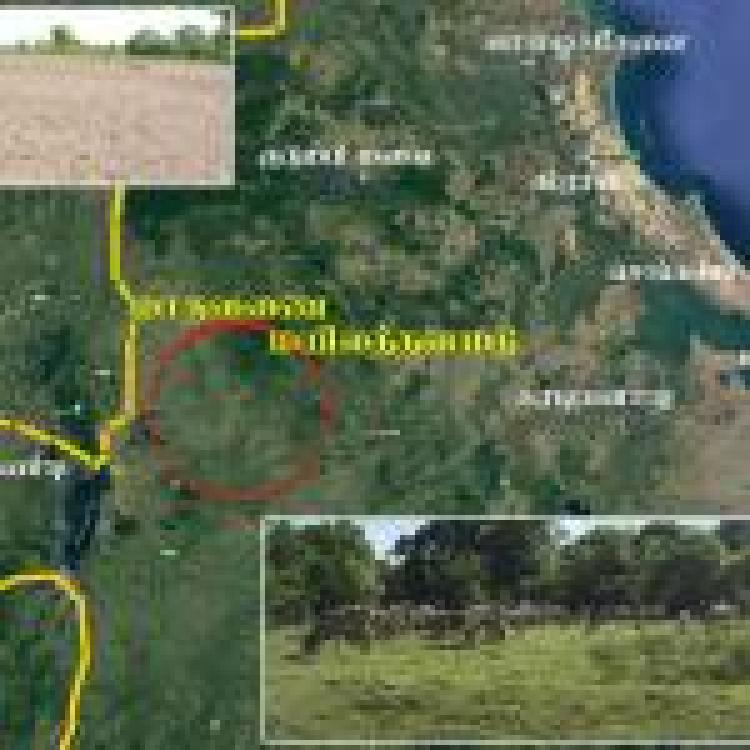
The people of the village of Aasikulam, Vavuniya stressed the hardships caused by the Sri Lankan Forest Department seizing their land earlier this month, with around 50 families stating they had been affected.
One of the villagers said, “We depend on the agriculture to maintain our livelihoods and we make our living through the means of Chena cultivation.”

The Forest Department have acquired around 50 acres of land in Aasikulam, which was provided to 50 families in 1985 for Chena cultivation and utilised by the locals until 2002.
Chena cultivation – which is an ancient indigenous practice to clear the land of natural vegetation by using a ‘slash and burn’ method – has been extensively used in the North-East due to the dry areas receiving rains during the North-East monsoon season.
Tamil National People’s Front (TNPF) MP and General Secretary, Selvarajah Kajendran, TNPF legal adviser and lawyer Kanagaratnam Sukash and several other TNPF members met with the villagers of Aasikulam this month on the 12th December, in response to their calls against the Sri Lankan Forest Department’s injustice.
The locals shared that up until 2002 they were engaged in Chena cultivation and maintaining the land of the area, but as the war intensified a lot of Tamil locals were killed and forcibly disappeared by the Sri Lankan government.
“As a result of this, we abandoned our land and then we slowly cleaned it after the end of the war and resumed Chena cultivation,” said a villager.
The locals emphasised they applied for land registry documents in 2014 to the Vavuniya Divisional Secretariat, which they presented to Kajendran.

The land had become evidently bushy as a result of lack of Chena cultivation and clearing so the locals came together to cultivate the lands again for agricultural use. They noticed that the wells that existed previously had been dug up and their lands, which have long been maintained and used over many generations, had become heavily damaged.

“When we were preparing our land for Chena cultivation we were told by the Forest Department that the land was theirs and we were to be evicted from it. They also planted wild trees on our land, on the roads and our gardens. Therefore, we urge the government to provide our land back to us to maintain our livelihood,” the villager pleaded.

Kajendran, who empathised with the villagers concerns, labelled the Forest Department’s action as “another form of ethnic cleansing by the Sri Lankan government”.
The Sri Lankan government – through the actions of Sri Lanka's Forest Department, Military, Archaeology Department, Navy Department and other government-aligned political actors – has stepped up Sinhalisation across the North-East in recent weeks. Tamil locals in Mullaitivu and Jaffna protested against land grab efforts, with Tamil politicians also voicing concerns. Recently, Tamil National Alliance (TNA) promised they will pursue filing a lawsuit against Sinhala land grabbers in Batticaloa as Sinhala settlers threaten Tamil farmers and continue to kill their cows as a result of their ongoing land dispute.







